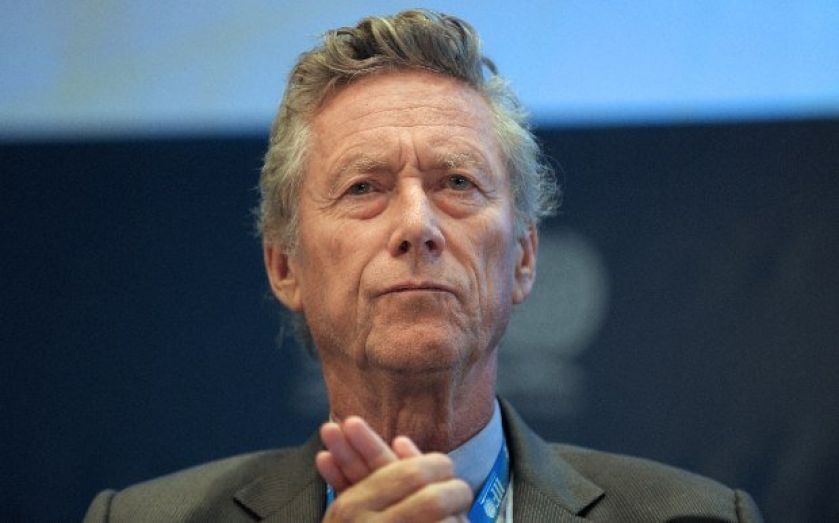UK economy upgraded by IMF forecast. Here’s what else the World Economic Outlook expects

Ahead of gross domestic product (GDP) second quarter estimates on Friday, which are expected to show that the British economy has surpassed its 2008 peak, the UK has received another boost in the form of an IMF forecast upgrade.
The Washington-based fund, which pulled no punches in its criticism of the government's austerity programme last year, has given the UK economy its fifth consecutive upward revision in its summer update of its World Economic Outlook forecasts.
That puts Britain on course to grow more than any other major economy in the world and highlights the optimism surrounding the recovery 15 months on from the IMF's chief economist Olivier Blanchard said that the risk for Britain of "having no growth, or very little growth, for a long time is very high".
But it's not just Britain that received an uplift from the IMF's projections.
Spain has also been given some positive news on the day its unemployment rate fell to its lowest level in two years, the largest quarterly increase in the number of people employed since the second quarter of 2005.
Forecasts for Japan have also been revised upwards to 1.6 per cent, reflecting "the effects of Abenomics, and stronger domestic demand, including investment", according to the fund, highlighting though that significant challenges do remain.
Germany also sees a 0.2 per cent upgrade from its April forecast.
Elsewhere though the figures make depressing reading. The global economy is set to grow 3.4 per cent, 0.3 per cent less than anticipated in the IMF's spring outlook. Forecasts for the Eurozone area stayed at 1.1 per cent, while growth estimates for India and sub-Saharan Africa were also kept flat.
All other countries in the report have seen their growth downgraded however.
Advanced economies are still confronted with high levels of public and private debt, according to the IMF, "which act as brakes on the recovery".
"These brakes are coming off, but at different rates across countries", says Blanchard.
US growth estimates were slashed 1.1 per cent, overshadowed by the surprise weather-related 2.9 per cent contraction in the country's economy in the first quarter of the year that caught economists off guard. US economic growth in 2014 will likely be at its weakest pace since the Great Recession ended based on the International Monetary Fund's estimates.
However the IMF expects this to have just a temporary effect.
Perhaps a little more worrying is the depressing picture coming from the emerging markets, whose economies are slowing down from pre-crisis growth rates.
According to Blanchard, in a blog post summarising the report, emerging economies "have to address some of their underlying structural problems, and take on structural reforms" while at the same time having "to deal with the implications of monetary policy normalisation in the US".
Other than the US, which is seen as more of a one-off downgrade, the IMF's largest downward revision relative to the April forecast is for Russia.
Moscow has seen revised growth for 2014 from 1.3 per cent to 0.2 percent and a similar cut for 2015 from 2.3 per cent to just one percent.
"This reflects mainly a deterioration of business confidence, which has been aggravated by geopolitical tensions. The result has led to large capital outflows, and a near freeze in investment decisions," Blanchard concluded.